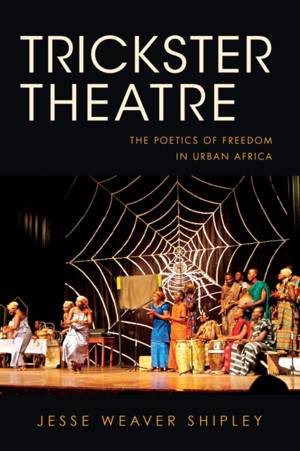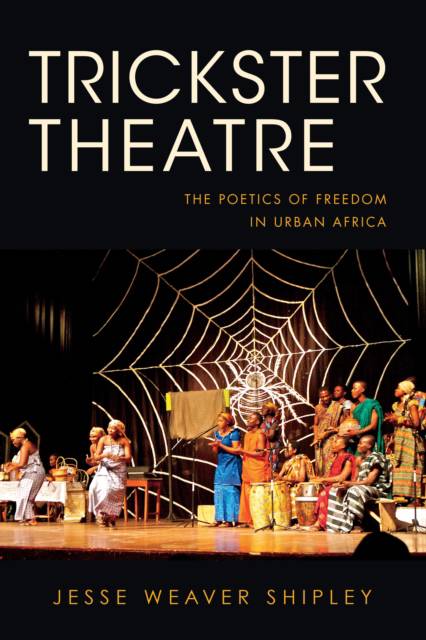
- Retrait gratuit dans votre magasin Club
- 7.000.000 titres dans notre catalogue
- Payer en toute sécurité
- Toujours un magasin près de chez vous
- Retrait gratuit dans votre magasin Club
- 7.000.000 titres dans notre catalogue
- Payer en toute sécurité
- Toujours un magasin près de chez vous
Description
Trickster Theatre traces the changing social significance of national theatre in Ghana from its rise as an idealistic state project from the time of independence to its reinvention in recent electronic, market-oriented genres. Jesse Weaver Shipley presents portraits of many key figures in Ghanaian theatre and examines how Akan trickster tales were adapted as the basis of a modern national theatre. This performance style tied Accra's evolving urban identity to rural origins and to Pan-African liberation politics. Contradictions emerge, however, when the ideal Ghanaian citizen is a mythic hustler who stands at the crossroads between personal desires and collective obligations. Shipley examines the interplay between on-stage action and off-stage events to show how trickster theatre shapes an evolving urban world.
Spécifications
Parties prenantes
- Auteur(s) :
- Editeur:
Contenu
- Nombre de pages :
- 300
- Langue:
- Anglais
- Collection :
Caractéristiques
- EAN:
- 9780253016454
- Date de parution :
- 22-06-15
- Format:
- Livre relié
- Format numérique:
- Genaaid
- Dimensions :
- 157 mm x 234 mm
- Poids :
- 589 g







